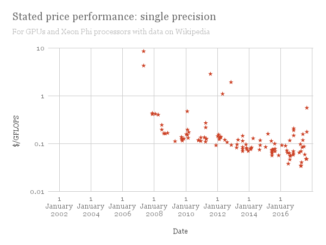
AI Timelines

AI Timelines

AI Timelines

AI Timelines

Accuracy of AI Predictions

AI Timelines

Hardware and AI Timelines

AI Timelines

AI Timeline Surveys

AI Timeline Surveys

AI Timeline Surveys